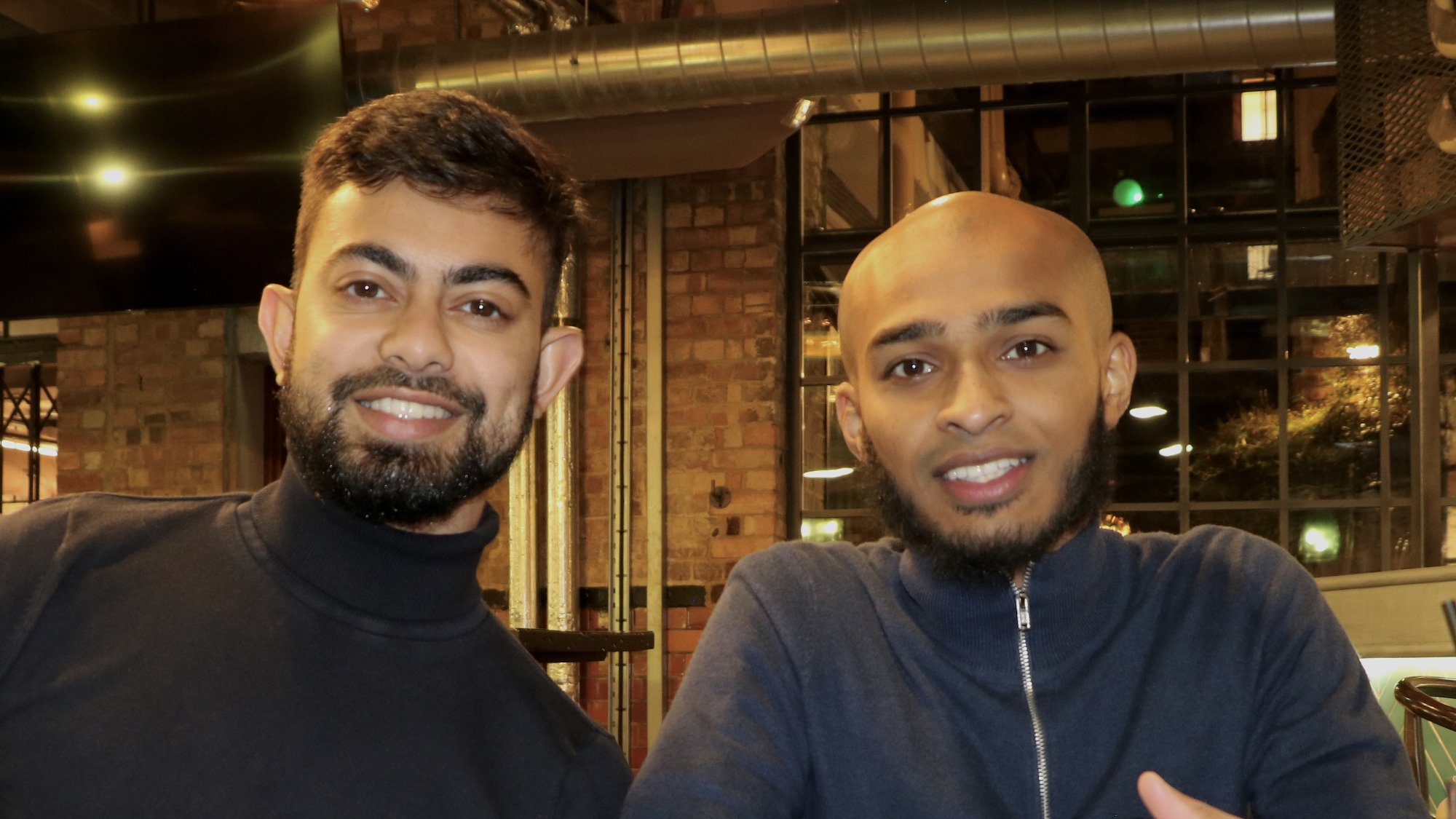The Data Disparity: Meet Muslim Census
Throughout the past several years we have seen how misinformation regarding the Muslim population has accelerated within mainstream media. In fact, Miqdaad Versi of the Muslim Council of Britain found that most UK news coverage of Muslims is negative with the Mail on Sunday being the worst in negatively depicting Muslims within 78% of their stories, beating the UK average that sits at a despicable 59%. However, it's not just the unjust portrayal of Muslims that has been left unaddressed but also the social, economic, and political issues within Muslim society itself that are ignored by the government and organisations that have the potential to help.
This is where Muslim Census comes in — an independent organisation that aims to represent the UK Muslim community through data analysis. When childhood friends Sadiq Dorasat and Mohammed Uddin began to throw ideas around in the aftermath of the UK Government's report stating the disproportionate impact COVID-19 has had on BAME groups, they realised that there was no entity quantifying how the pandemic had effected the Muslim community specifically. The two shared a professional interest in data analysis and decided that creating this initiative was paramount to bettering the lives of their community and shedding light on long-standing issues, such as poverty and racism, that needed to progressively be tackled. Dorasat and Uddin both also saw how nothing can actively happen institutionally if there is no basic data to provide insight into said issues. With this in mind, Muslim Census' work went onto find that Muslims were falling into poverty at ten times the rate as UK-wide estimates when they researched the financial impact of COVID-19 in the Muslim community, and much more.
Left: Sadiq Dorasat, Right: Mohammed Uddin
The organisation's first report was published amidst the peak of the Black Lives Matter movement in 2020, surveying how some of the non-black British Muslim population perceived the problem of anti-black racism. 98% said they believed racism was an issue within the British Muslim community, and 97% believed that not enough was being done about this issue. Like their following reports, Muslim Census was able to put data forward in an active attempt in placing the black British Muslim community at the forefront of a very much needed conversation, creating awareness and moving a step towards positive change.
"Anecdotally, we know as a community these problems exist but we don't know to what extent", says Uddin when also referring to a recent survey that looked into porn addiction. The organisation has thus far discovered eye-opening statistics that are being curated into reports by several volunteers that will come out in the new year, volunteers that both founders expressed as being their biggest achievement.
One of the aspects of data reporting that the team seem to be working hard on is accessibility and making sure that their content is digestible to a wide range of audiences. This accessibility allows for a larger and necessary response that pushes for active change rather than a stagnant exchange of information. Although both Dorasat and Uddin expressed that this has been a challenge within their journey, they are working hard with other organisations and charities, such as National Zakat Foundation, to make their statistics and figures matter.
Their largest survey yet, an enquiry into David Cameron's promise in 2013 of a Muslim-friendly student loans plan that avoided interest, collected an enormous thirty-six-thousand responses. With the largest sample size of Muslims outside of the ONS Census, the issue rightfully became the centre of mainstream attention. From the Al Jazeera to the Financial Times, the fact that 4 out of 5 Muslim students felt like they were compromising their faith in order to pursue higher education became the focal point of discussion, leading Sadiq Dorasat to presenting a letter to the Prime Minister.
Priding themselves first in their volunteer-led team, Dorasat and Uddin both admit that being recognised allows for the data to be more widely consumed by wider society and different generations. From Number 10 to WhatsApp chain messages, Muslim Census has begun to exponentially grow into a significant part of how we consume information and how Muslims place themselves in British society as equals to their non-Muslim white British counterparts. "If you want Muslim insight, you come to Muslim organisations" says Dorasat, who hopes that this will become the norm for the presentation of statistics regarding Muslims, and as both founders passionately spoke of their plans of expanding into different medias and growing the organisation, I saw that the future of Muslim initiatives was incredibly hopeful.
By Asia Khatun


